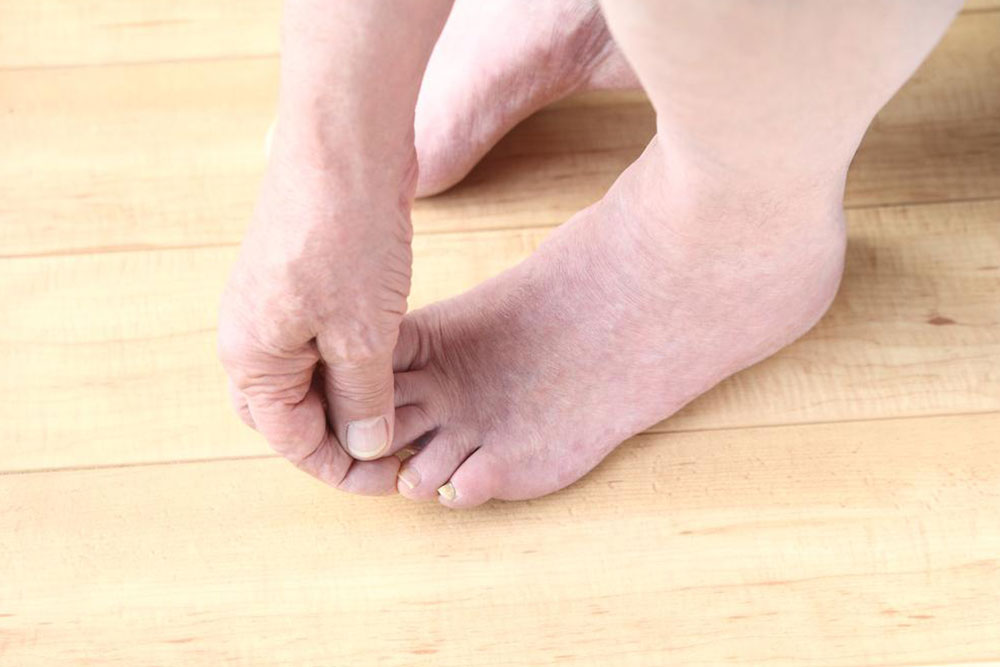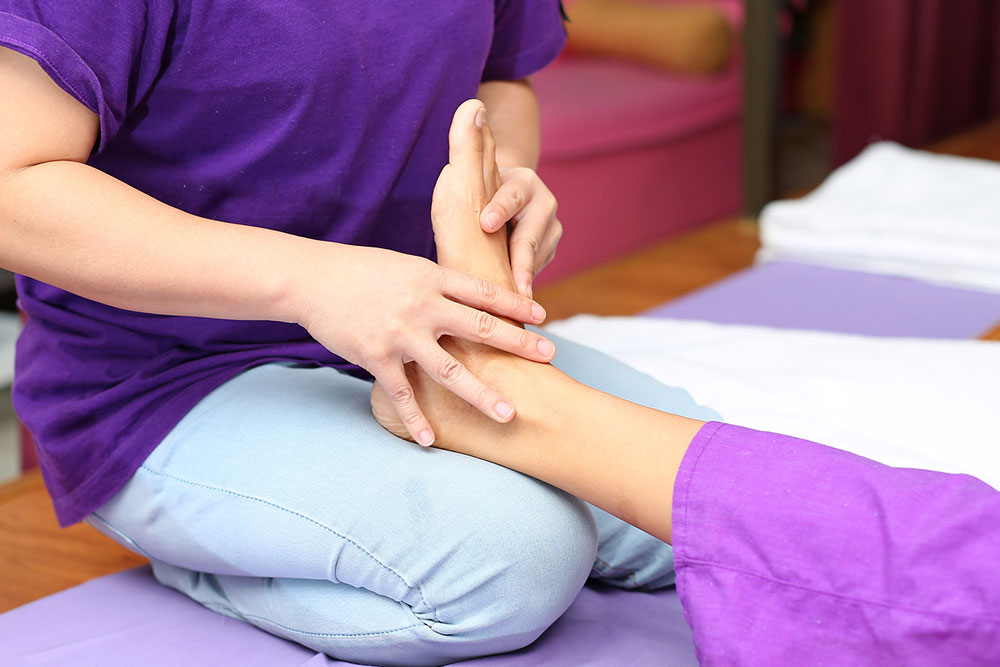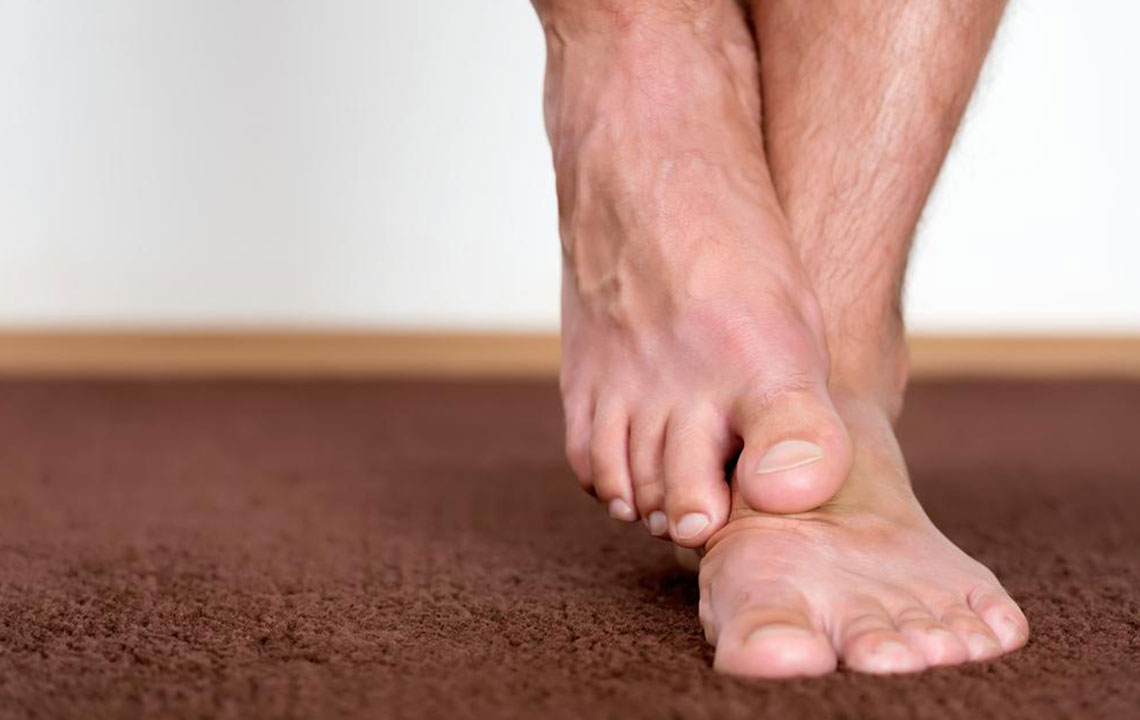Top Strategies for Diabetic Foot Care and Prevention
This article offers essential tips for diabetics to maintain foot health, emphasizing daily inspections, hygiene, proper footwear, and blood sugar control. Proper care reduces risks of infections, ulcers, and amputations. Regular medical checkups and lifestyle adjustments are key to preventing serious foot complications caused by diabetes.

Top Strategies for Diabetic Foot Health
Diabetes, a long-term condition affecting blood sugar regulation, can lead to complications across various organs, including the feet. Elevated blood sugar levels can damage nerves and impair circulation, increasing the risk of foot problems like ulcers and infections. Regular foot monitoring is vital to catch issues early and prevent serious outcomes such as infections or limb loss. Proper foot hygiene, consistent blood sugar control, and attentive care are essential components of preventing diabetic-related foot complications.
Ignoring foot health can lead to serious consequences such as gangrene and amputations. Effective foot care helps reduce infection risks and accelerates healing processes. Diabetes impacts overall health by affecting organs like the eyes, skin, kidneys, and the heart. Common foot issues include nerve damage, ulcers, and tissue death—requiring prompt medical attention. Keeping blood sugar levels stable, practicing good foot hygiene, and regular monitoring are crucial to prevent complications.
Prolonged diabetes can cause nerve damage, leading to numbness and decreased sensation, which may conceal injuries. Impaired circulation hampers wound healing and increases tissue damage risk. Small infections like athlete’s foot or ingrown toenails can escalate into more severe problems if neglected. Smoking worsens vascular damage and impairs recovery. Adopting good foot care practices and maintaining blood sugar levels are fundamental to diabetic foot health.
Here's a detailed guide to caring for your diabetic feet:
Daily Foot Checks
Examine your feet every day for cuts, blisters, or sores. Keep feet clean and dry, changing socks regularly. Wear loose-fitting, comfortable footwear that supports circulation.
Clear Your Living Space
Keep walkways tidy to prevent trips or injuries. Rearrange furniture as needed for safer movement.
Foot Hygiene and Toenail Care
Trim nails carefully to avoid ingrown nails. Moisturize feet after washing, but steer clear of applying lotion between toes to prevent fungal growth.
Supportive Shoes
Choose footwear that offers good support and fits properly. Consult a specialist if you have foot deformities or concerns.
Stay Active and Eat Well
Regular exercise and healthy eating improve circulation. Avoid standing or sitting for long periods.
Quit Smoking
Quitting smoking enhances blood flow and aids healing, reducing foot complication risks.
Control Blood Sugar Levels
Monitor blood glucose regularly and adhere to your treatment plan to avoid foot issues related to uncontrolled diabetes.
If infections or ulcers occur, seek medical treatment promptly. Use antibiotics as prescribed and consider specialized wound care if needed. Regular checkups and consultations with foot care specialists will help prevent severe complications and maintain foot health for diabetics.


